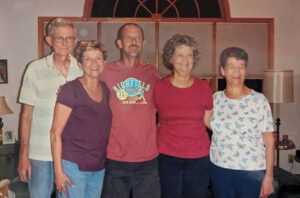Dr. Carole Levin, a beloved history professor at the University of Nebraska-Lincoln, established a history scholarship fund to help students succeed.
She chose to create the fund now as an expendable fund so it can be awarded and help students now, with the intent of fulling endowing it through a planned gift.
She wanted to make an impact sooner than later.
However, through a great relationship with an anonymous donor, two generous gifts have been made to her scholarship fund, enabling Dr. Levin to endow the fund now.
The inaugural recipient of the scholarship is Ceclia “C.J.” Kracl, who was selected in 2018.
In this video, C.J. expresses her thankfulness for the scholarship and shares why Dr. Levin is such an inspirational teacher and human.
"She challenged me and she didn't just hand me things. I had to work very hard."
Ceclia “C.J.” Krac








